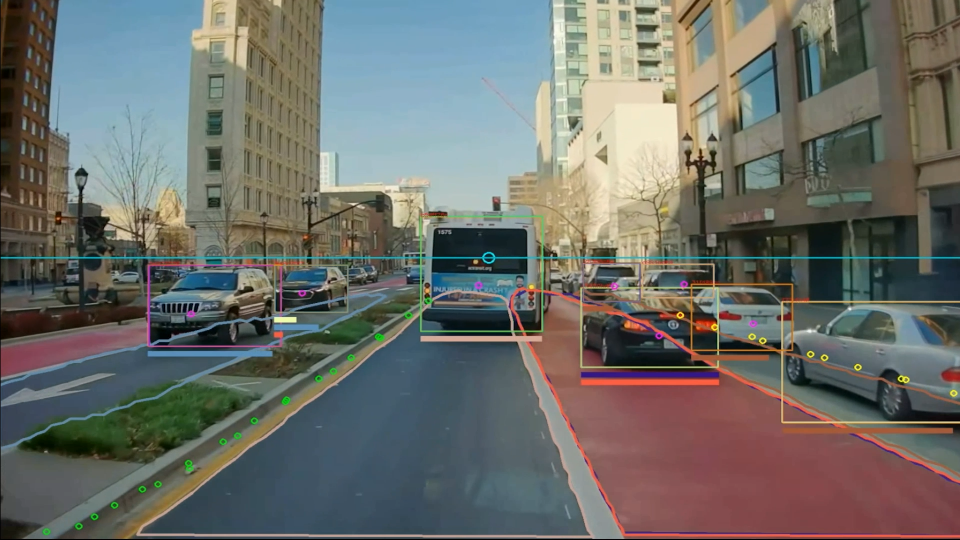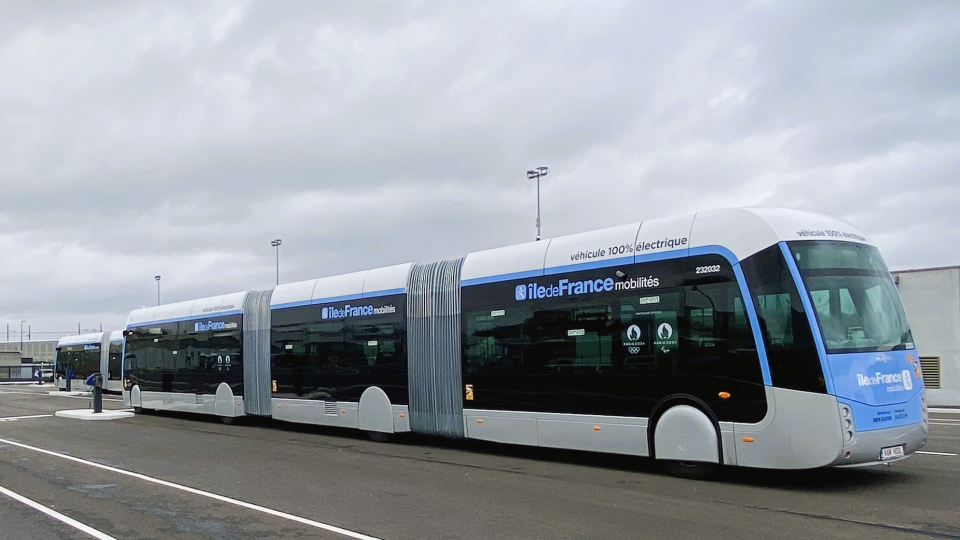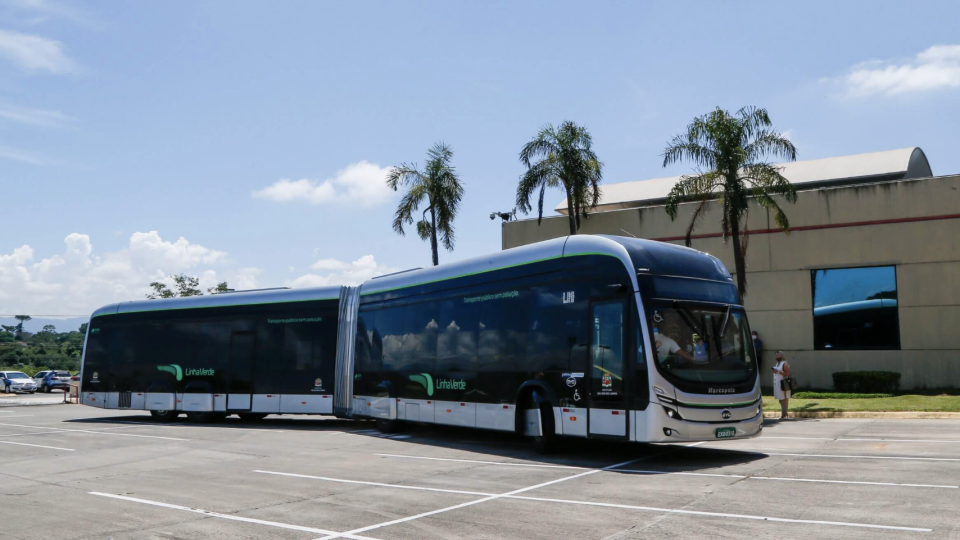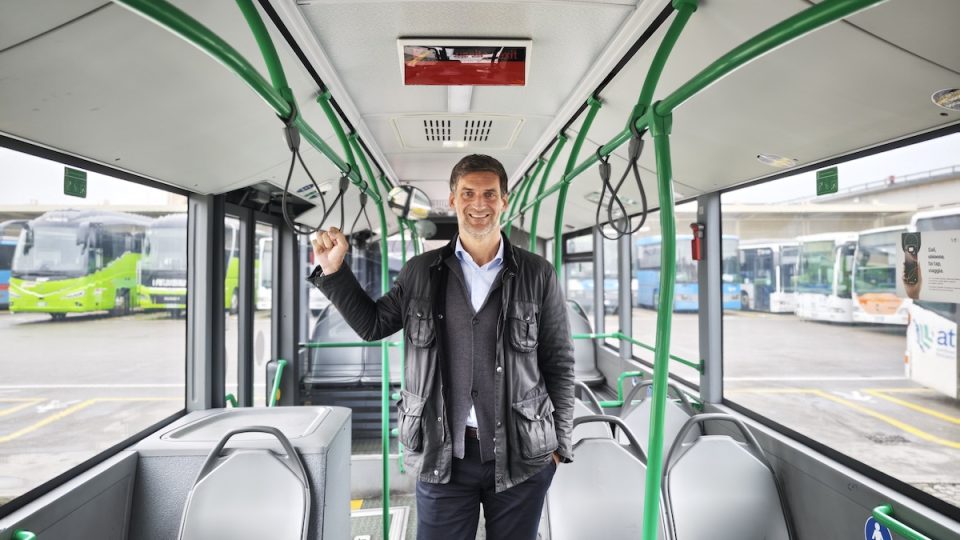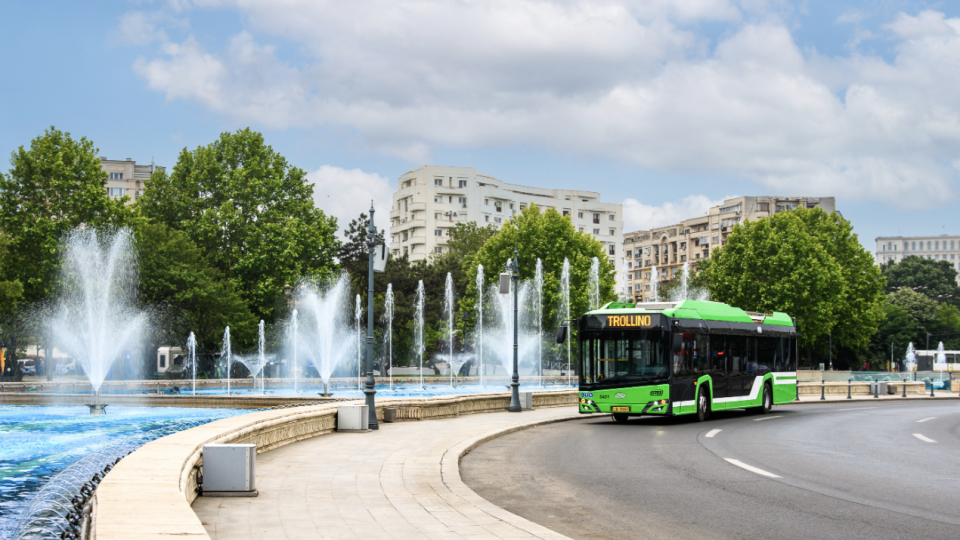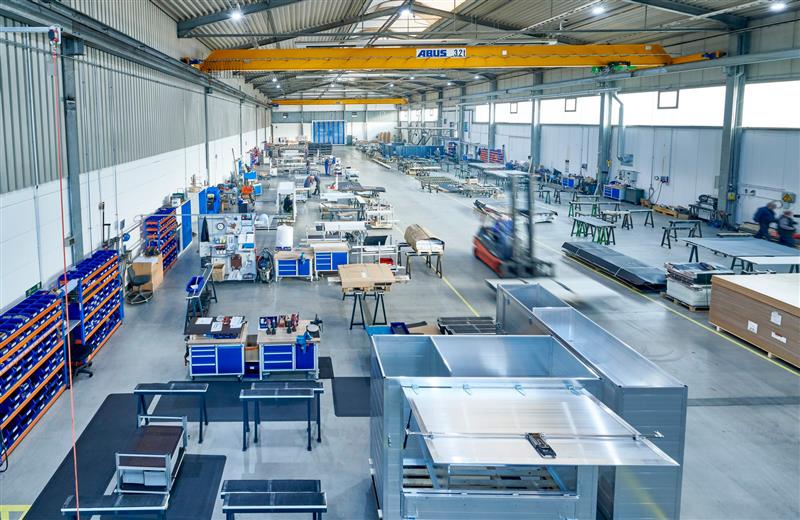«The market’s still finding its feet post pandemic». Paul Davies, Alexander Dennis’ MD, interviewed
by Alex Byles Hydrogen, e-bus market, the effects of inflation, production strategies, Brexit consequences. These topics – and more – have been discussed with Sustainable Bus by Alexander Dennis’ Managing Director, Paul Davies. Prior to the Brexit trade deal, we planned to build the BVG Berlin buses in Europe. We’d identified a manufacturing partner because […]
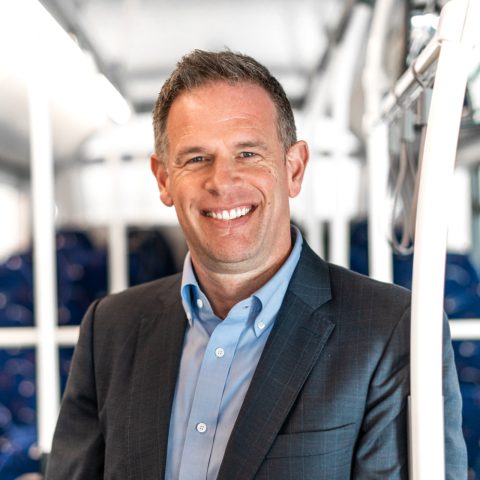
by Alex Byles
Hydrogen, e-bus market, the effects of inflation, production strategies, Brexit consequences. These topics – and more – have been discussed with Sustainable Bus by Alexander Dennis’ Managing Director, Paul Davies.
Prior to the Brexit trade deal, we planned to build the BVG Berlin buses in Europe. We’d identified a manufacturing partner because exporting out of the UK with a 16% import duty was not commercially viable, but once the Brexit trade deal was put into place, it effectively enabled us to save 350-plus jobs because at the time we didn’t have enough demand in the UK but bringing manufacture of the Berlin buses back to Scarborough enabled us to protect the workforce.
Paul Davies, Alexander Dennis’ Managing Director
The market according to Alexander Dennis
You’ve launched a hydrogen fuel cell double deck bus, and you’re shortly launching an electric battery version. Which technology do you think might be more prevalent in five to 10 years?
“Both hydrogen fuel cell and battery electric have a place in the market. Looking at our history, it’s about giving customers choice, so it makes sense to offer both technology types. We’re not backing one technology over the other, and both have their strengths and weaknesses, whether that’s duty cycle or infrastructure, so it makes sense for us to provide both options. There are also many similarities in the hydrogen driveline that carry over to the electric battery bus.”
How have sales in 2022 progressed in terms of a post-Covid recovery?
“We’ve seen modest growth this year. It’s still not what we hoped for and I don’t think there’s any secret that the market’s still finding its feet post pandemic. I think it’s also a function of government support for bus operations, plus the clarity on long-term funding for decarbonisation. There’s also general inflation, impacting labour and fuel. All of these things in the mixing bowl are still making it quite a challenging environment for the industry. I think that more than ever, especially in the UK, the industry has to stand together to show continued commitment and investment. With this approach, hopefully the market will recover sooner rather than later.”
What potential support do you foresee from government?
“Everybody’s concern has got to be the general economic climate and the impact that may have on support because there’s no question that whether that’s been through the CBSSG Recovery plan (ed: now the Bus Recovery Grant) or additional decarbonisation funding, there’s been significant investment in the bus industry. One would imagine that the government would like the industry to become more self-sustaining.”
The UK is the bedrock of the ADL business. We need a strong UK market to allow us to make those jumps internationally. The export agenda typically comes off the back of a strong foundation, so we would really like the UK to get back to an even keel before we think about any big, further expansion plans
Paul Davies, Alexander Dennis’ Managing Director
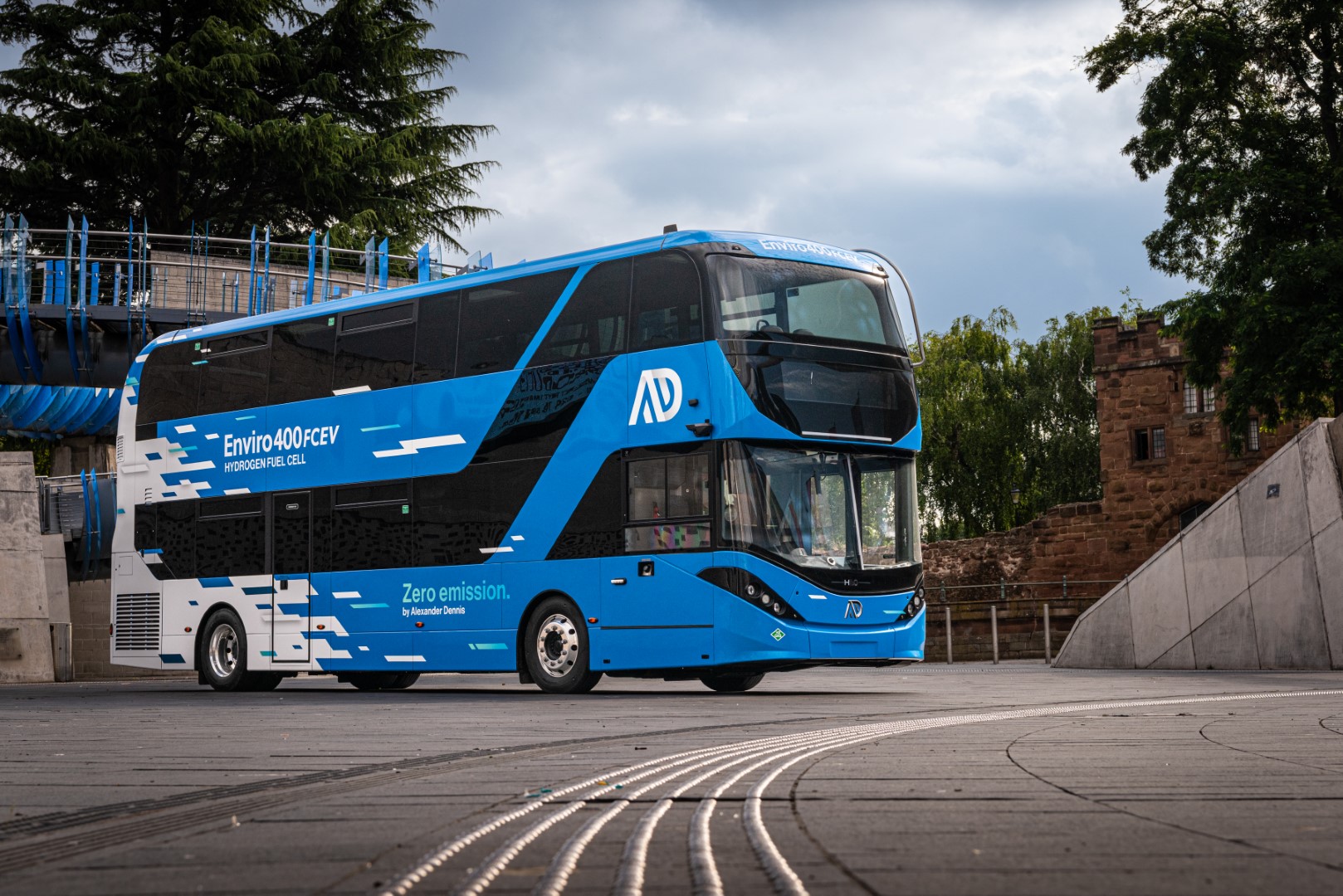
How is the economic climate impacting ADL’s plan regarding international markets?
“We’re well established in Asia, including Singapore and the Hong Kong market, and we’ve also sold our Enviro 500 EV to KMB in Hong Kong which we’re excited about. We’re also strong in New Zealand, so we continue to support those markets and customers. We’re delivering buses into Berlin at the moment, and like most countries, they have a zero emission transition agenda, also requiring various bespoke products and requiring new investment to support it. Right now, and I’ve said this to the Department of International Trade, we need a strong UK. The UK is the bedrock of the ADL business. We need a strong UK market to allow us to make those jumps internationally. The export agenda typically comes off the back of a strong foundation, so we would really like the UK to get back to an even keel before we think about any big, further expansion plans.”
How has Brexit impacted ADL’s operations?
“Prior to the Brexit trade deal, we planned to build the BVG Berlin buses in Europe. We’d identified a manufacturing partner because exporting out of the UK with a 16% import duty was not commercially viable, but once the Brexit trade deal was put into place, it effectively enabled us to save 350-plus jobs because at the time we didn’t have enough demand in the UK but bringing manufacture of the Berlin buses back to Scarborough enabled us to protect the workforce. The only negative has been in administration surrounding importing parts for manufacture, and while this was a challenge to begin with, the process has become more manageable.”

